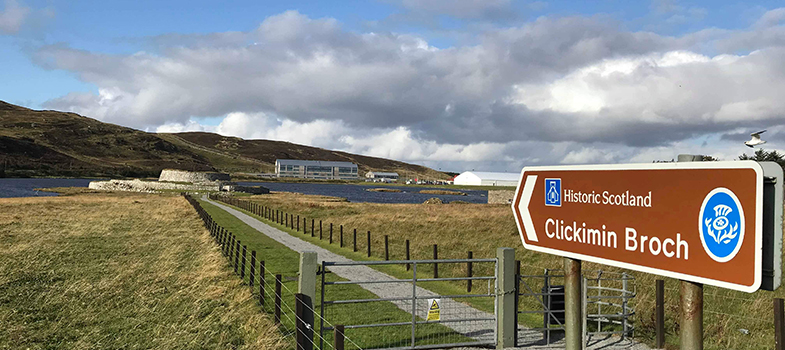Unit 11: History and linguistic development of Scots
Introduction
In this section you will learn what the Scots Language is, and how the Scots Language developed from the Middle Ages through to the present day. You will see how the language has changed over the centuries, and you will be able to read and compare short examples of written Scots from different historical periods. You will learn about how the status of Scots changed at different points in Scottish and British history. This unit also introduces you to some short extracts from the work of some of the best-known literary writers who have used Scots.
Important themes to take notes on throughout this section:
- what the Scots Language is, and why it is considered a language in its own right
- how Scots emerged as the official language of the state during the Middle Ages; poetic and literary ‘high culture’ associated with the language during the Middle Ages
- the use of Scots during Renaissance and Reformation times
- the changing fortunes and status of Scots during the 17th and 18th centuries, including linguistic Anglicisation and the 18th century ‘Vernacular Revival’
- the perseverance of the Scots language during the 19th and 20th centuries.
Activity 1 
Before commencing your study of this unit, you may wish to jot down some thoughts on the important details we suggest you take notes on throughout this unit. You could write down what you already know about each of these points, as well as any assumption or question you might have.
